Máster en Educación Emocional
Adquiere habilidades en Inteligencia Emocional y Educación Emocional para dar un salto cualitativo en tu vida personal y profesional
Elige tu especialidad
Start: March 2025
Credits: 60 FEEM
Mode: Live online
Duración: 18 meses
Master's Thesis
Specialities to choose from:
- Emotional Education and Well-being
- Gestión Emocional y Bienestar en las Organizaciones
The first 6 modules (2 semesters) are shared for both specializations. The last 6 modules (1 semester) are exclusive to each specialization.
Start: March 2025
Credits: 60 FEEM
Mode: Live online
Duration: 15 months
Master's Thesis
Specialities to choose from:
- Emotional Education and Well-being
- Emotional Competences in Organizations
The first 6 modules (2 semesters) are shared for both specializations. The last 6 modules (1 semester) are exclusive to each specialization.
Sessions
The sessions are conducted virtually in real-time, offering a participatory experience. Some sessions focus on explaining the fundamentals of emotional education, guided by international experts, while others are oriented toward practical application under the direction of specialists in various fields. At all times, you will have the opportunity to interact with the experts, asking questions and raising inquiries based on your needs.
Throughout the course, several types of sessions are distinguished:
• Expert-led sessions: We delve into the course content with the guidance of experts, providing a more detailed understanding.
• Dynamic sessions: These practical sessions are designed to learn and implement emotional education, covering the development of competencies, emotional gymnastics exercises, and training programs for various contexts.
• Personal Development Plan: We provide a structured approach that will guide you in the comprehensive application of emotional competencies in your daily life, facilitating practical and meaningful learning.
• Individualized tutoring: These sessions are designed to provide support in completing the Final Postgraduate Project (TFP) and the Final Master's Project (TFM).
• FEEM Master Lecture Series: Throughout the course, we provide access to the distinguished FEEM lecture series, where we invite international experts to delve into specific topics related to emotional education. These topics go beyond the course content, offering an enriching and complementary perspective.
First and Second semester modules
- Conceptual framework of emotions.
- Structure of emotions.
- Emotional intelligence.
- Emotional competences.
- Emotional education.
- Emotional awareness.
- Emotional regulation.
- Emotional autonomy.
- Social competencies.
- Life skills and well-being.
- Positive psychology.
- Emotional well-being.
- Flow.
- Strengths and human virtues.
- Resilience
- Conflict management.
- Stress prevention.
- Tolerance to frustration.
- Anger regulation for the prevention of violence.
- Emotions in mourning situations.
- Self-knowledge, self-concept, and self-esteem.
- Assertiveness.
- Education in values.
- Remind (Relaxation, Breathing, Meditation, Mindfulness).
- Spiritual intelligence.
- Intervention contexts.
- Emotional intelligence in organizations.
- Coaching in the workplace and in education.
- Tools for the development of the final course project (TFP) and final master's project (TFM).
- APA guidelines.
Modules of the Third semester
Option 1: Emotional Education and Well-being
Education professionals, teachers, pedagogy, psychology, psychopedagogy, counseling, social educators, families (parents, mothers), and anyone interested in education and personal growth.
- Models of emotional education.
- Design of emotional education programs.
- Comprehensive model of emotional education.
- Implementation of emotional education.
- Evaluation of emotional education programs.
- Practicum.
- Resources for data analysis and results of the TFM (Final Master's Project).
- TFM in the world of education and organizations.
- Submit an article for a scientific journal.
- Scientific articles.
- Emotional development.
- Emotional education in early childhood education.
- Emotional education in primary education.
- Emotional education in secondary education.
- Standards of emotional education.
- Empathy.
- Prosocial behavior.
- Emociones estéticas.
- Aesthetic emotions.
- Emotional education in families and adults.
- Sexual education.
- Affective development and sexual practices.
- Biological aspects and sexual health.
- Love, sex-affective and sexual relationships.
- Philias, paraphilias, manias, and phobias.
- Foundations of emotional education.
- History of emotions.
- Theory of emotions.
- Neuroscience and the emotional brain.
- Advances in research on emotional education.
Option 2: Emotional Competencies in Organizations
Recommended for: Professionals from any field (especially human resources, health, mentoring, leadership, marketing, etc.) interested in developing their emotional competencies, soft skills, and personal growth to improve their well-being and that of the organization.
- Emotional intelligence in organizations: Characteristics and proposals.
- Levels of analysis of emotional intelligence.
- Social aspects of emotions.
- Emotional leadership.
- People Department.
- Practicum.
- Resources for data analysis and results of the TFM (Final Master's Project).
- TFM in the world of education and organizations.
- Submit an article for a scientific journal.
- Scientific articles.
- Positive psychology in organizations.
- Well-being in organizations.
- CHO (Chief Happiness Officer).
- Mindset.
- Grit.
- Career development in organizations.
- Talent management.
- Group emotional intelligence.
- Diversity management with emotional intelligence.
- The 7 habits of highly effective people.
- Emotional intelligence training in organizations.
- Personnel selection with emotional intelligence.
- Measuring emotional intelligence.
- Measurement and evaluation of emotional competencies.
- Instruments for evaluating emotional aspects.
- Basic psychological processes and executive functions.
- Memory, attention, and emotion.
- Attitudes.
- Emotion and cognition.
- The 4EA movement.
- Implementation of emotional education in our communities
Master's Program Structure
Rafael Bisquerra, offers flexible online courses designed to adapt to the preferences and availability of each student. This edition of the FEEM is specially designed for education professionals, participants of the Master in Emotional Education and Wellbeing (MEEB), as well as for individuals linked to various organisations seeking the Master in Emotional Competences in Organisations (MCEO).
The master's program consists of 12 modules, and in the last 6 modules, participants can choose between the MEEB or MCEO specialization, allowing them to tailor their study focus.
For those who wish to begin their training in emotional education with shorter courses, we also offer other options: specialization course, diploma, or postgraduate program.
The first introductory sessions of the courses will be given by Dr. Rafael Bisquerra and will be held from 19:00 to 22:00 hours (Spanish time).
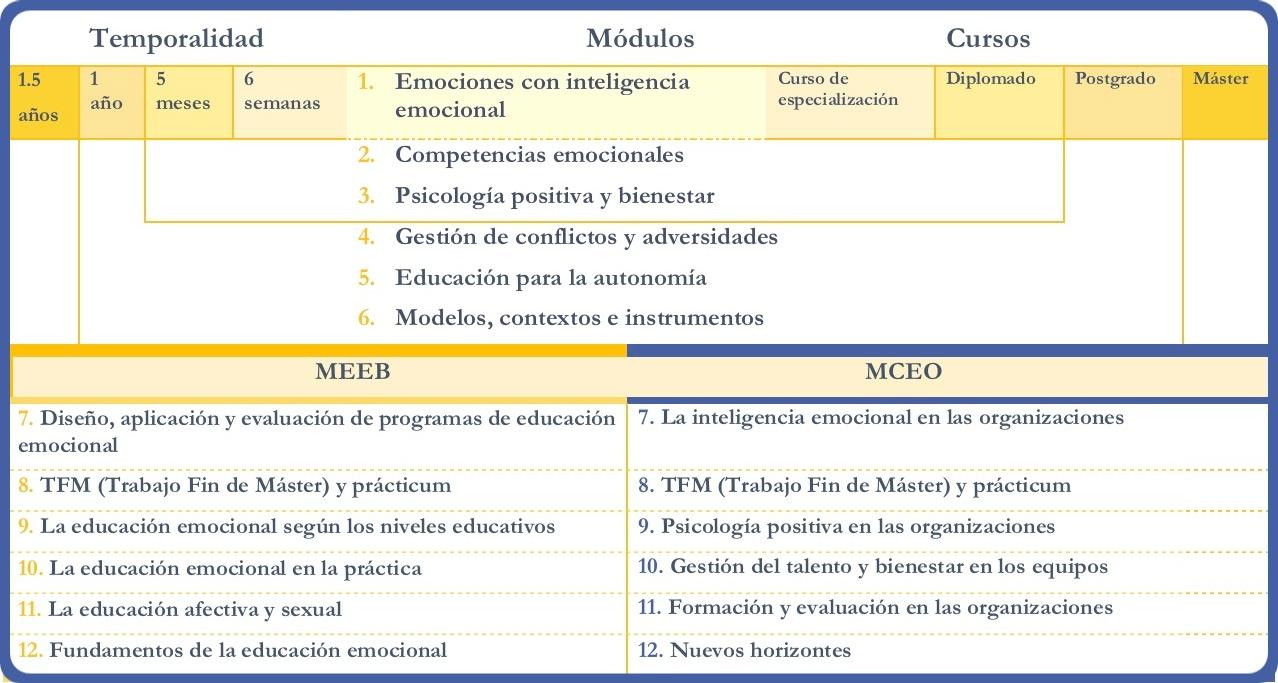
Why study the Master in Education and Emotional Management at FEEM?
Contamos con algunos de los mejores docentes a nivel internacional. Tendrás a tu disposición un total de 20 expertos a lo largo de todo el Máster.
Sesiones de acompañamiento para tu Plan de Desarrollo Personal
Te ofrecemos 9 horas de acompañamiento para implementar educación emocional en tu comunidad
Tendrás acceso a 12 conferencias magistrales en las que relacionamos la educación emocional con otros temas de interés (inteligencia artificial, etc.)
We have some of the best international lecturers. You will have a total of 20 experts at your disposal throughout the Master's course.
We include 4 coaching sessions for your Personal Development Plan with a coach.
We offer you 9 hours of accompaniment to implement emotional education in your community.
You will have access to 12 keynote lectures in which we relate emotional education to other topics of interest (artificial intelligence, etc.)
Get trained in emotional education with our internationally recognised teaching staff.
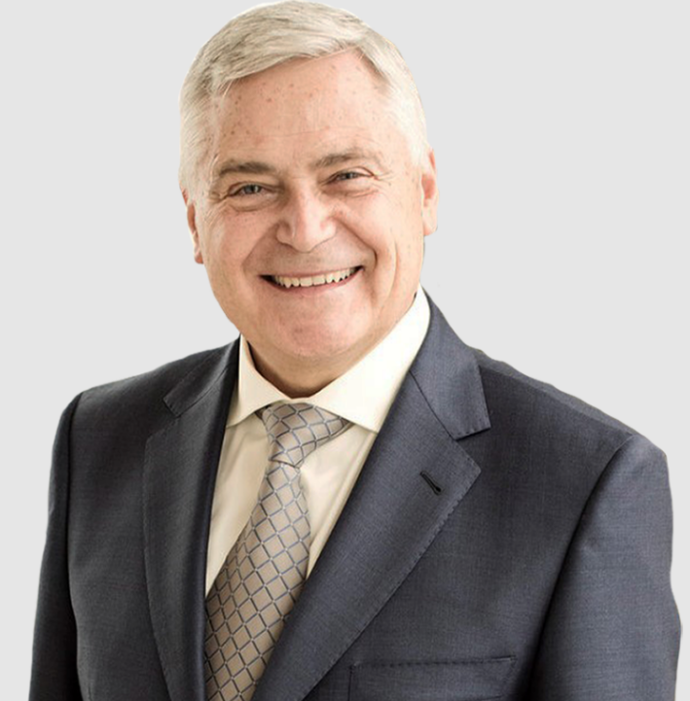
Rafael Bisquerra
Academic Director
Emotional Education

Mireia Cabero
Chief Happiness Officer

Ana Freire
Artificial Intelligence and Mental Health

Marta Portero
Neuroscience
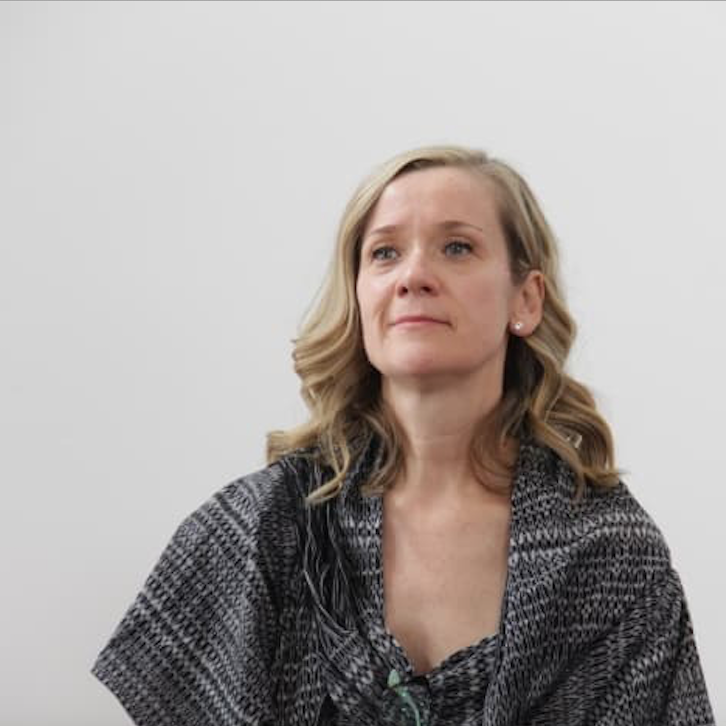
Cimenna Chao
Emotional Education

Juan Carlos Pérez
Emotional Education

Gabriel Vásquez
Organizational well-being
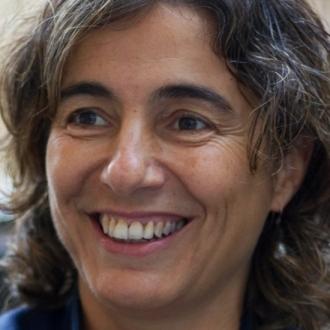
Esther Bonal
Music and emotion

Pablo Fernández-Berrocal
Emotional Intelligence
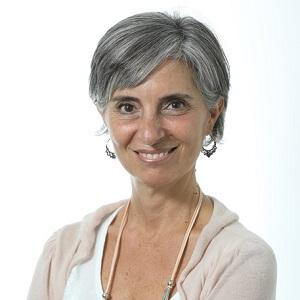
Adela Cavia
Emotional Education
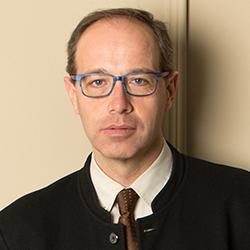
Francesc Torralba
Spiritual Intelligence
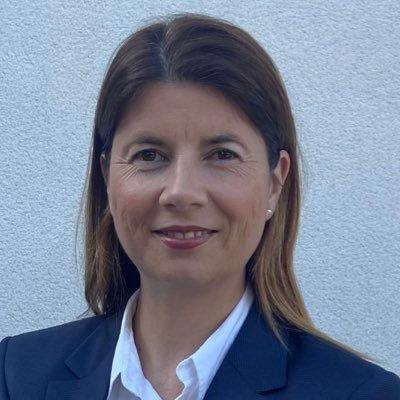
Èlia López
Emotional Education

Xavier Guix
Self-awareness

Xavier Guix
Self-awareness

María Navarrete
Emotional gymnastics
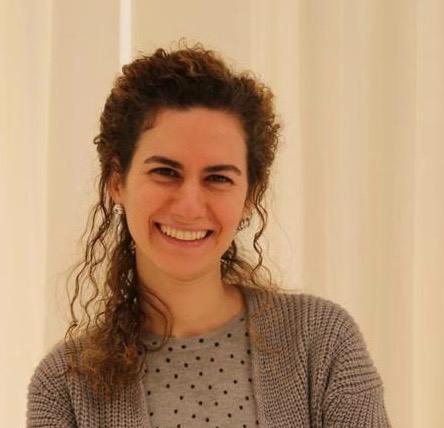
Alaíde Sipahi
Change management

Rafael Bisquerra
Director Académico. Educación Emocional.

Mireia Cabero
Chief Happiness Officer

Alaíde Sipahi
Change management

Ana Freire
Artificial Intelligence and Mental Health

Marta Portero
Neuroscience

Cimenna Chao
Emotional Education

Juan Carlos Pérez
Emotional Education

Gabriel Vásquez
Organizational well-being

Esther Bonal
Music and emotion

Pablo Fernández-Berrocal
Emotional Intelligence

Adela Cavia
Emotional Education

Francesc Torralba
Spiritual Intelligence

Èlia López
Emotional Education

Xavier Guix
Self-awareness
Rafael Bisquerra, our academic director, invites you to get to know the Master's Degree
Rafael Bisquerra, our academic director, invites you to get to know the Master's Degree
Lo que dicen nuestros alumnos
"Training in Emotional Education has helped me in my personal growth, in acquiring tools to make decisions and to relate properly not only with the people around me, but also with myself, with all that this implies. In this way I have also acquired tools to help my children grow up.
Apart from all the tools they provide us with, there are the online sessions. For me, these have been a total pleasure, the teachers are very innovative in their sessions and very close to us; we have played, experimented, reflected, laughed and even cried in my case. I take each one of them inside me as part of my personal growth.
I really enjoyed it and I will continue to grow with the FEEM community".
Maria José Salaburu, student of the 2nd edition

I couldn't be happier with the decision I made to start my training with Dr. Rafael Bisquerra and his wonderful team of teachers. Throughout the modules they will provide you with a lot of practical and theoretical material on emotional education. Perhaps the most important aspect of the whole process is the human quality of the people who will be accompanying you. When you finish the training, you will undoubtedly have improved your professional and, above all, your emotional skills.
Sofía Espinar, student of the 1st edition
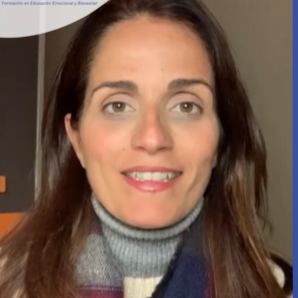
I would like to encourage you to follow this training which allows the possibility to take different courses in a flexible way and organised in modules that are combined with content review meetings, questions or workshops; which makes these studies very innovative. It is definitely worthwhile to be trained in emotional competences. It has a positive impact on interpersonal and social relationships, emotional climate, conflict management, frustration tolerance, resilience, anger regulation... I believe that we all need training in emotional education. Do not hesitate to start it.
Rocío Espinel, student of the 1st edition

"Training in Emotional Education has helped me in my personal growth, in acquiring tools to make decisions and to relate properly not only with the people around me, but also with myself, with all that this implies. In this way I have also acquired tools to help my children grow up.
Apart from all the tools they provide us with, there are the online sessions. For me, these have been a total pleasure, the teachers are very innovative in their sessions and very close to us; we have played, experimented, reflected, laughed and even cried in my case. I take each one of them inside me as part of my personal growth.
I really enjoyed it and I will continue to grow with the FEEM community".
Maria José Salaburu, student of the 2nd edition

I couldn't be happier with the decision I made to start my training with Dr. Rafael Bisquerra and his wonderful team of teachers. Throughout the modules they will provide you with a lot of practical and theoretical material on emotional education. Perhaps the most important aspect of the whole process is the human quality of the people who will be accompanying you. When you finish the training, you will undoubtedly have improved your professional and, above all, your emotional skills.
Sofía Espinar, student of the 1st edition

I would like to encourage you to follow this training which allows the possibility to take different courses in a flexible way and organised in modules that are combined with content review meetings, questions or workshops; which makes these studies very innovative. It is definitely worthwhile to be trained in emotional competences. It has a positive impact on interpersonal and social relationships, emotional climate, conflict management, frustration tolerance, resilience, anger regulation... I believe that we all need training in emotional education. Do not hesitate to start it.
Rocío Espinel, student of the 1st edition



INEEW is an entity registered in the State Register of Training Entities with the number 99000262,
and therefore it is qualified to provide training for companies subsidised by Fundae.